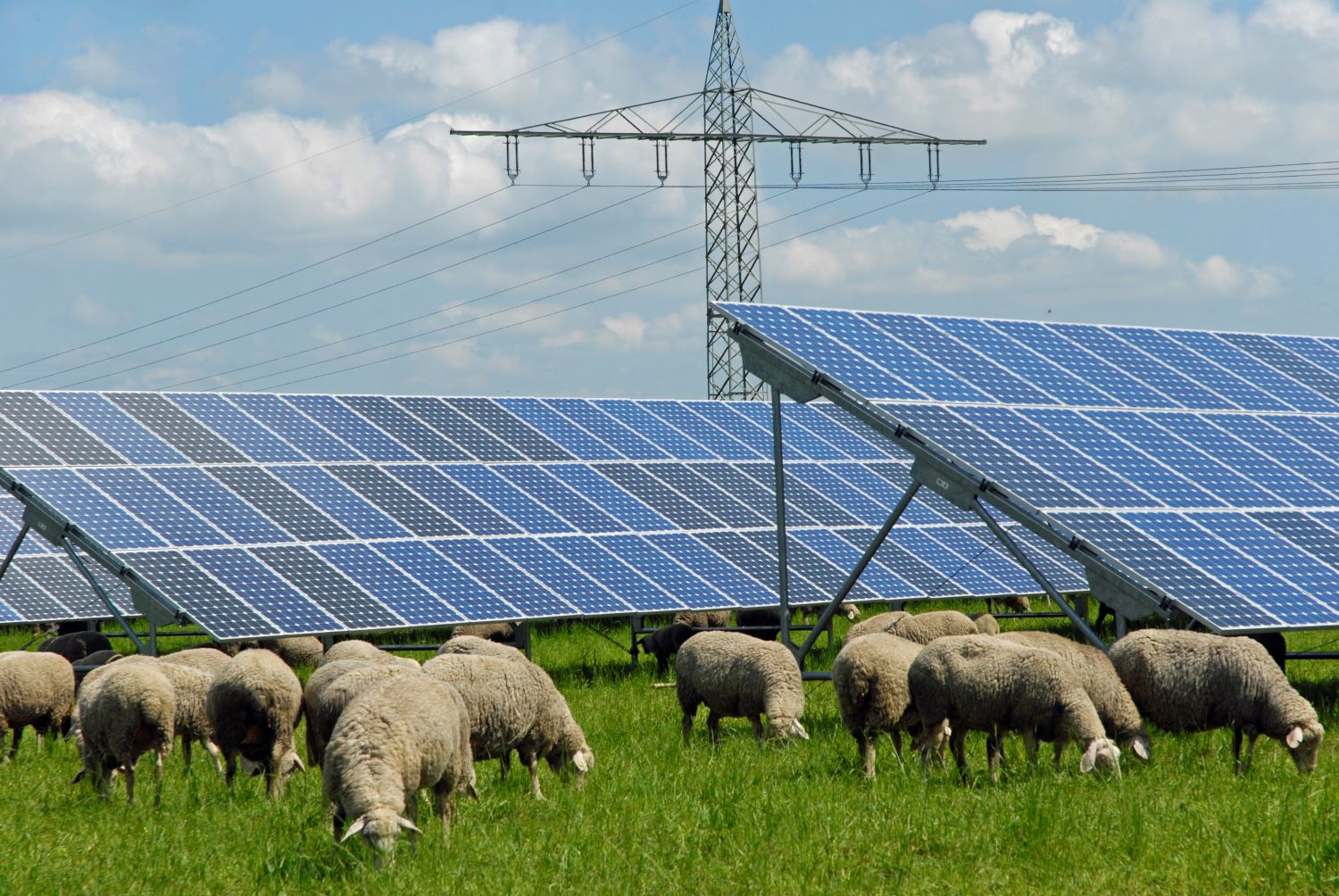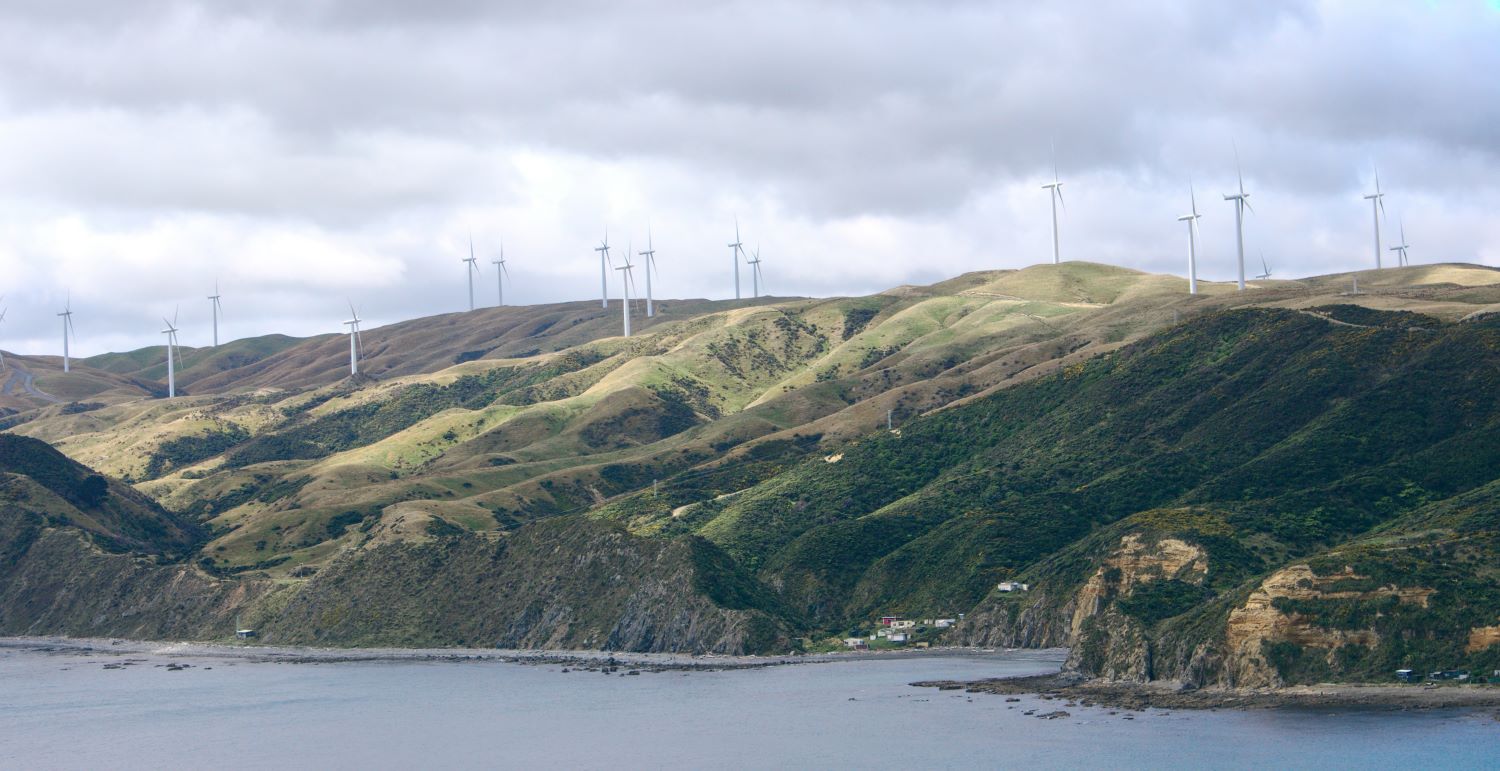2020 certainly isn’t the year we thought it would be and the Covid-19 Recovery (Fast-track Consenting) Act 2020 (the Act) definitely wasn’t on the Government’s legislative agenda back in January. The Act was passed under urgency and is part of the government’s economic response to Covid-19, promoting development as a way to stimulate the economy.
For developers, the Act offers an opportunity to fast track projects in the pipeline that would otherwise have had to go through lengthy consenting processes under the Resource Management Act 1991 (RMA).
The Act sets out a two stage process for obtaining consent under its provisions. To get to the second stage, a project must either be listed in the Act, or become a ‘referred project’. As the projects listed in the Act are all either government-led or government-supported, developers wanting to make use of fast tracked consenting need to go through the process set out below to obtain ‘referred project’ status.
Step 1 – become a referred project
To become a referred project, an application must be made to the Minister for the Environment (the Minister). This application must include certain information about the project, although at this stage information only needs to be provided to a general level of detail, sufficient to inform the Minister’s decision.
The Minister will consider in making their decision whether the project helps to achieve the purpose of the Act. The Act’s purpose is to urgently promote employment to support New Zealand’s recovery from the economic and social impacts of COVID-19 and to support the certainty of ongoing investment across New Zealand, while continuing to promote the sustainable management of natural and physical resources. There are also certain criteria set out in the Act that projects must meet.
The Minister is required at this stage to obtain a report from the Office for Maori Crown Relations that identifies relevant Iwi and Treaty settlement matters. They must also invite written comments from the relevant local authorities, other relevant Ministers and anyone else they deem appropriate – comments must be provided within 10 days. This short time frame implies that referral decisions can be expected relatively promptly, although no specific time period is set.
Step 2 – get approval from the expert consenting panel
If the Minister makes the decision to refer the project (or part of it which they are also allowed to do), an Order in Council will be made for the referral. An application can then be made by the developer to the Environmental Protection Authority (EPA), which will be more akin to a standard resource consent application in terms of the level of documentation required.
Once this application is made, an expert consenting panel will be appointed for the project with secretariat support from the EPA. This panel must be chaired by a judge or retired judge and include one person nominated by the relevant local authority and another nominated by relevant iwi authorities.
The panel will decide whether or not the project receives consent, considering the documents provided to support the application, the purposes of the RMA and the Act, relevant national directions, regional policy statements and plans. Public notification of applications is not permitted, although the panel is required to invite certain individuals and bodies to provide comments including ministers, iwi authorities and organisations such as Greenpeace and the New Zealand Fish and Game Council.
Comments must be received within 10 days of the invitation being made and the panel must make its final decision and produce a written report no later than 25 days after the date for receiving comments. There are limited opportunities for this timescale to be extended, and a decision could be issued at minimum 45 days of an application being lodged. Appeal rights against decisions of the panel are limited to questions of law.
All of the above results in a process which is significantly quicker than the standard resource consent process and with much less public involvement. It remains to be seen how challenging it will be to obtain approval at each stage of the process, but at face value the Act represents a great opportunity for developers to get pipeline projects breaking ground.










